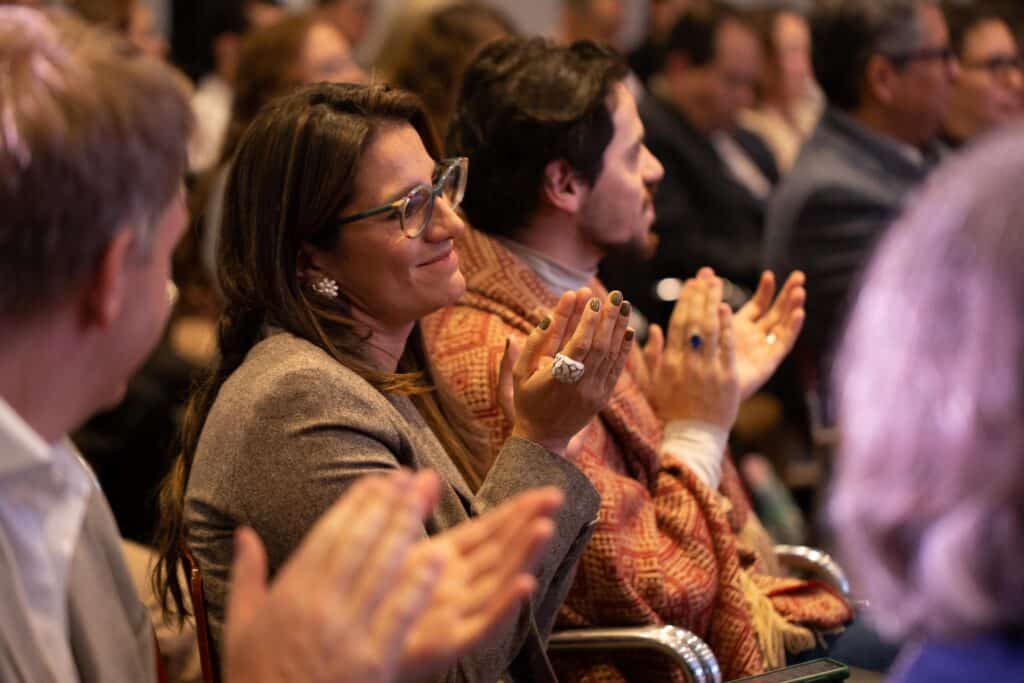
The 7th edition of the Transport and Climate Change Week will take place from 4-8 November 2024, but it already started its journey in Latin America during Conversápolis* on 30 May 2024. Conversápolis brought together leaders in sustainable urban development from a wide range of Latin American territories. Local, regional, and national level transport authorities met for two days to discuss informal transport with a focus on cross-sectoral cooperation and integrated solutions, perfectly reflecting the theme of this year’s Transport Week: Connecting the dots – Fostering global transport climate action.
The perspective of Latin America brought open conversations about paratransit: how to approach it, how to name it, how to regulate it and how to provide affordable and safe solutions in small and medium-sized cities. The exchange between Peru, Costa Rica, and Colombia’s medium-sized cities gave room to a key conclusion: popular transportation is incredibly diverse, with different vehicles, user groups, and relationships to the formal public transport, depending on local circumstances, making even the way it is referred to challenging. The cat-and-mouse game between regulation and loopholes played by authorities and paratransit operators shows that paratransit is a reality and generally arises from the need to meet transport demand where formal transport does not reach the population. At the same time, employment opportunities are often scarce and providing popular transport services generates income for communities.

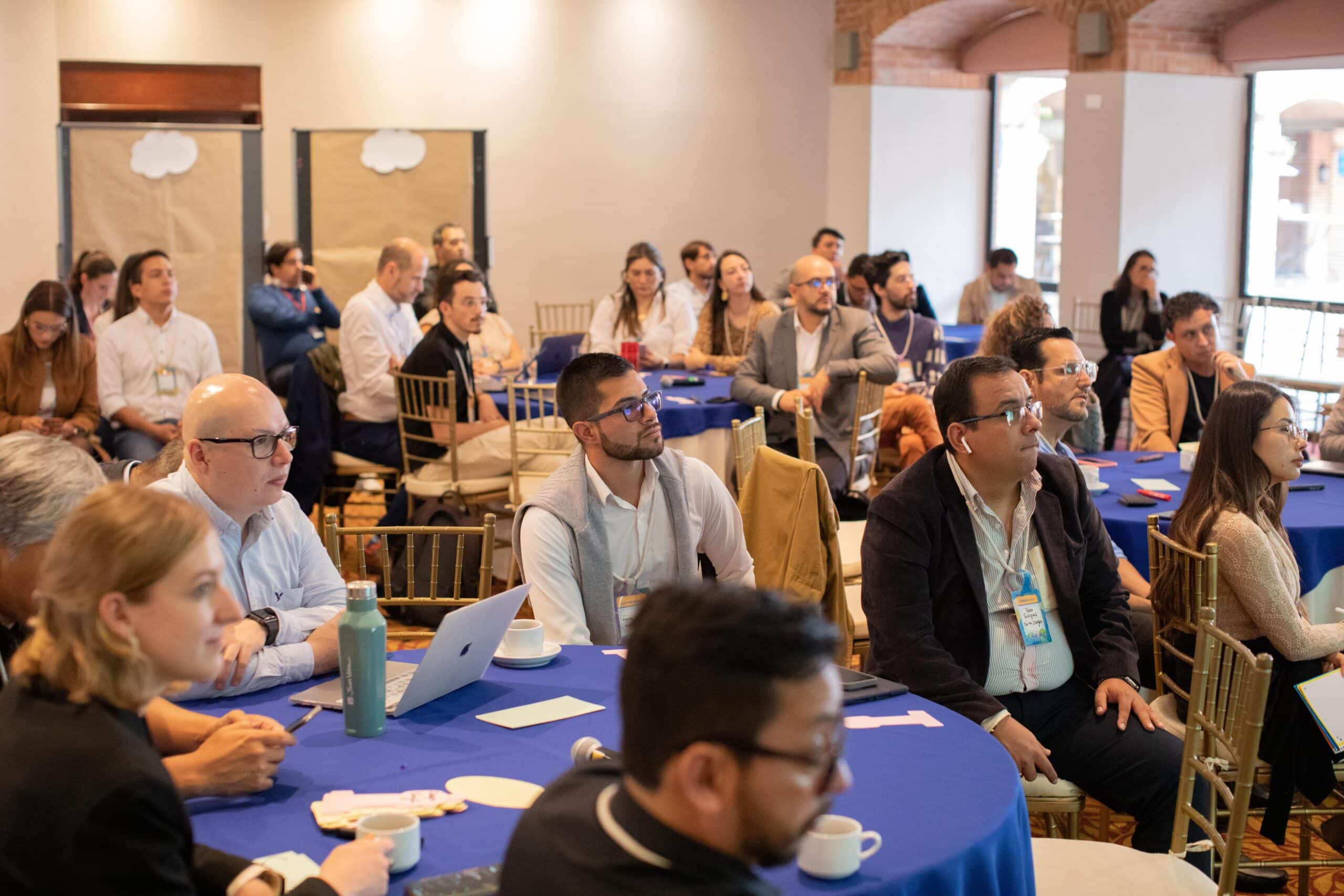
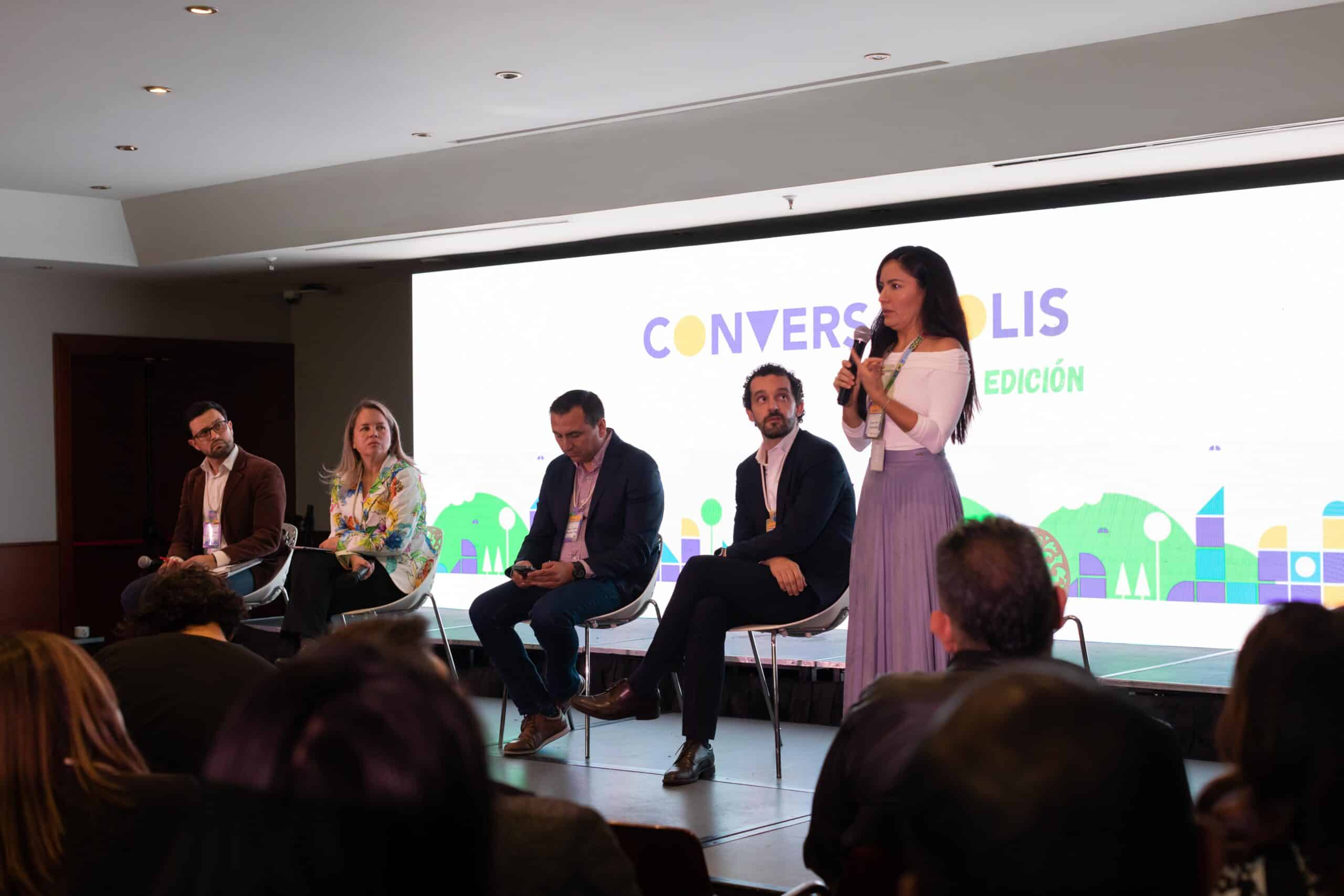
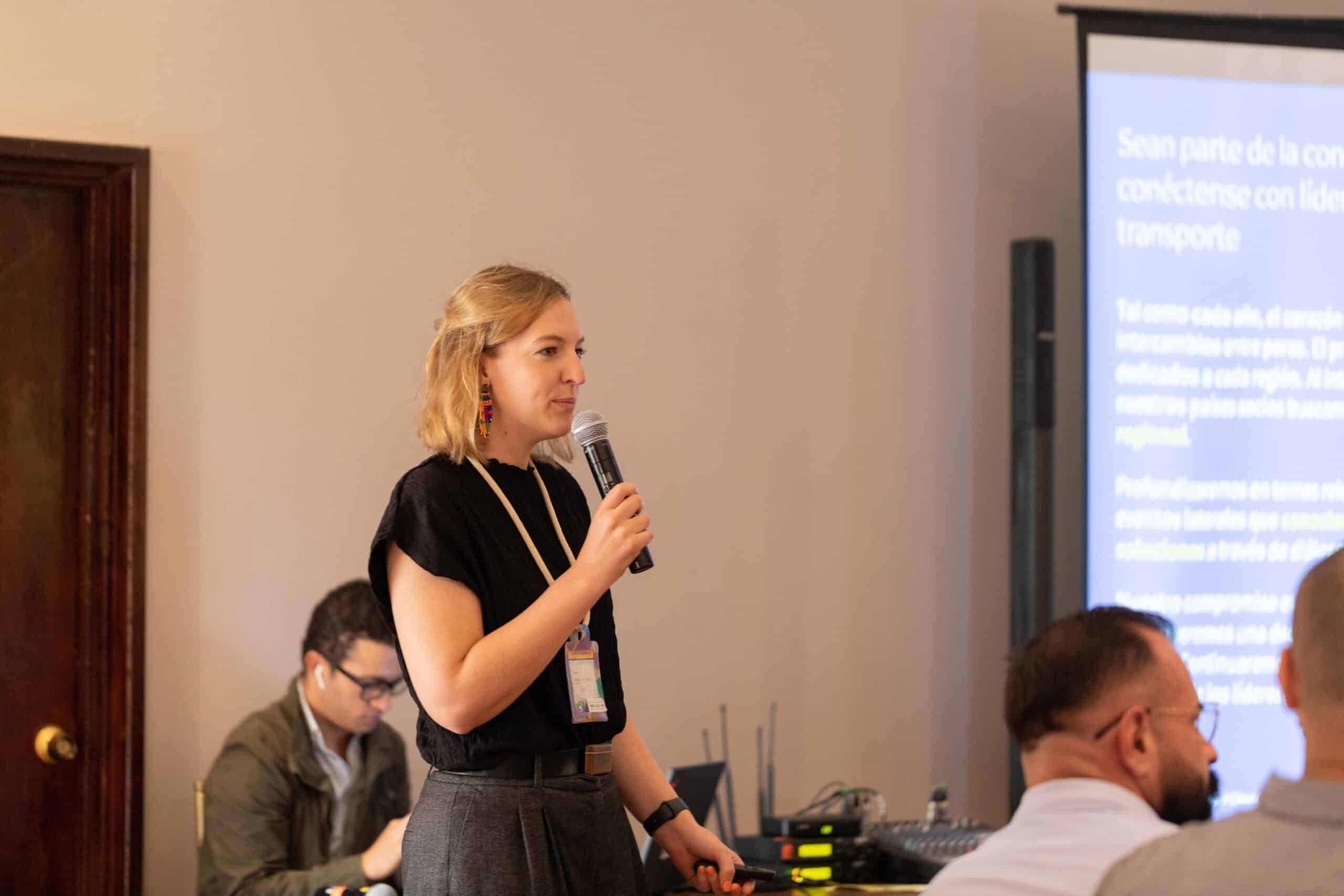
Another key finding was that if all current forms of paratransit were replaced by formal transport, or reformed according to the current legislation, there would not only be a large gap in demand, but also a significant increase in emissions.
Paratransit, often using small vehicles such as motorcycles, tricycles or tuktuks, is well adapted to the local urban conditions such as narrow or steep roads and emits less emissions than the vehicles formally authorized for transport services such as sedans. The diversity of paratransit also implies that these services can be both beneficial and detrimental to the safety of road users and communities. Users are often aware of the lack of insurance and unsafe vehicles but use door-to-door services in unsafe neighborhoods to avoid criminal incidents. Regulation must therefore respond to the diversity on the ground, while ensuring a minimum standard for the benefit of paratransit passengers and operators.
The exchange enriched the discussion and is a promising first step for further exchanges to be taken up during Transport Week in November.
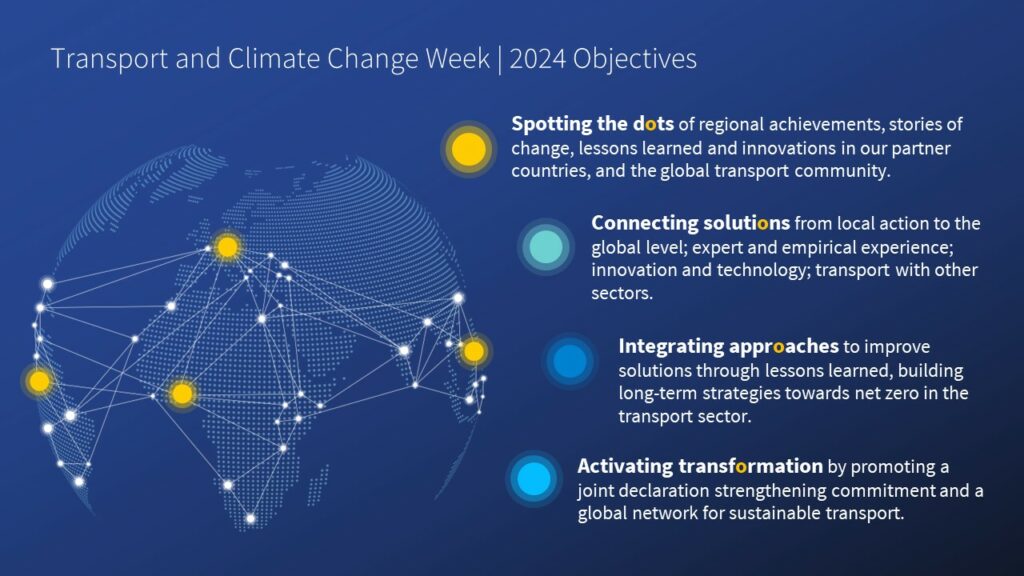
This Latin American kick-off is the first in a series of events that will take place in different regions over the coming weeks. Each regional event will highlight unique perspectives, achievements, and lessons learned, contributing to the broader goal of activating transformation in the transport sector. The peer learning format, which values the experience of all implementers, decision-makers and thought-leaders, has stimulated open and honest discussion on often sensitive issues, such as how multisectoral cooperation in paratransit can lead to integrated solutions, as was the case in Latin America. The launch of Transport Week 2024 in the context of these discussions promises a fruitful exchange for the future and a space for these dialogues to continue.
Find out more about other regional perspectives:
We invite the transport community, political partners, and international organisations to join us on this transformative journey. If you want actively to contribute to a session, please contact Michael Engelskirchen michael.engelskirchen@giz.de, the Regional Buddy for Latin America, prior to the end of August.
To stay updated don’t forget to subscribe to our event newsletter >>> Transport and Climate Change Week: Sign-up to receive updates | Changing Transport (changing-transport.org)
* Projects involved in organising Conversápolis are ProMOVIS, Cities Finance Facility – CFF, TUMI, City Climate Finance – Gap Fund, Euroclima, ImproveIMPROVE, PREVEC, Go Circular, Circular City Labs, SolNatura, Sanitation for Millions – S4M, Iniciativa Global de Gestión del Riesgo de Desastres and Iniciativa Bogotá 2.0.